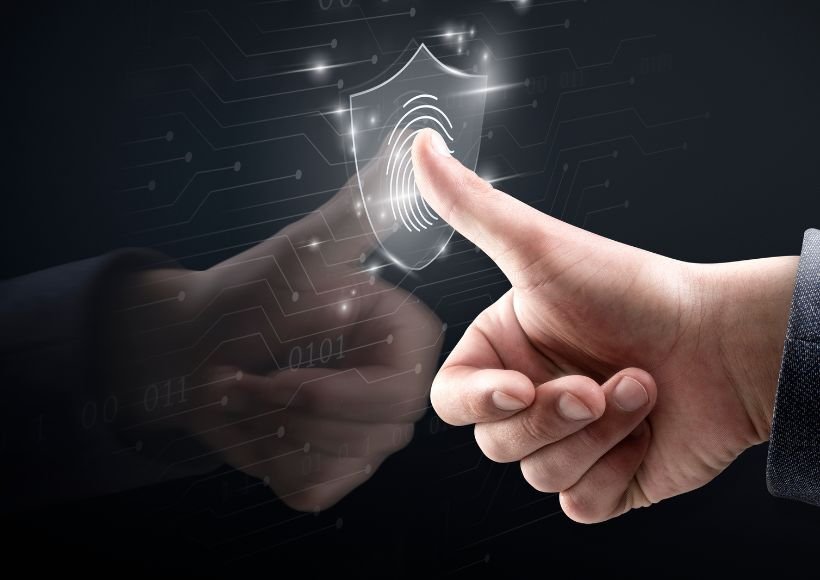Digital Security: What You Should Know About It

Nowadays, we know that protecting our homes with alarms and other types of security systems is necessary. However, the same is not true of digital security.
The daily use of mobile phones and other electronic devices with an Internet connection means that we are constantly exposed to vulnerabilities in the network (personal information, banking, interests,…). A fact that is not usually given the necessary importance and that can end in cyberattacks.
If you are concerned about your digital security, it is time to step up and protect yourself, just like you do with your business or home.
Table of Contents
What is digital security?
Digital security is all those actions you take to prevent any device you have connected to the Internet from being attacked: phishing, hacking of your electronic components, appropriating personal data, etc…
Digital security is all those actions you take to prevent any device you have connected to the Internet from being attacked: phishing, hacking of your electronic components, appropriating personal data, etc…
How to protect your mobile devices from possible attacks?
Not considering a series of recommendations when using our technological devices with an Internet connection can mean significant losses. However, don’t let the alarms go off! With a few simple tricks, you can be protected.
don’t jailbreak
If you have an iPhone, don’t hack it to get around Apple’s limitations. Or else you will have a more vulnerable mobile.
Jailbreaking will allow you to download all kinds of programs without going to the App Store, but this translates into less security on your mobile since the applications you download do not have to be free of malware.
Update the software
As long as your devices have an update, make it effective.
Google, Apple, and other technology companies work daily to improve their products and prevent security gaps that could harm their users. Whenever an update is available, perform it. If you don’t want to do it during your active hours, schedule it for when you sleep.
Activate the option to delete data.
If your device has been stolen and some hacker wants to access your data, this option will deprive them of it. If you apply the option to delete data, the information on your mobile, tablet, or computer… will be automatically deleted when there are several failed attempts. BE CAREFUL with this option because if you forget your accesses one day, you can lose everything.
Avoid phishing
Do not fall into the traps that lead to identity theft. Never give out personal or relevant information via email, message, etc. Especially if you are not sure who the recipient is. Similarly, avoid clicking on URLs that you don’t trust.
Digital security and web pages: which ones are reliable?
The times that we access the Internet at the end of the day are numerous, but how many times do we ensure we access secure websites? Entering malicious pages can pose problems for your digital security. Therefore, before taking any action, make sure that the website meets the following aspects :
- HTTPS protocol.
- Lock the symbol next to the URL.
- It has a privacy policy and legal notice.
- Accept payments with the main methods and have a security certificate.
- No pop-ups constantly.
- There is a return policy.
Curious facts about digital security that you should know
Cyber attacks are the order of the day, so it is increasingly vital that you take into account your digital security and protect yourself against possible intrusions. To make you aware of it, we present a series of curious facts about digital security :
- More than 6,000 viruses are generated each month.
- 80% of emails in our inbox could be classified as spam.
- Every day, more than 30,000 websites are hacked, including large corporations and websites that generate thousands of euros daily.
- 1 in 5 viruses for devices originates from a development carried out by hackers.
- An infected USB caused the most dangerous security breach in US military computers.
- Errors in software are called bugs because it was a month that disabled the Mark III.
Also Read : Online Security In Your Business: Everything You Need To Know
